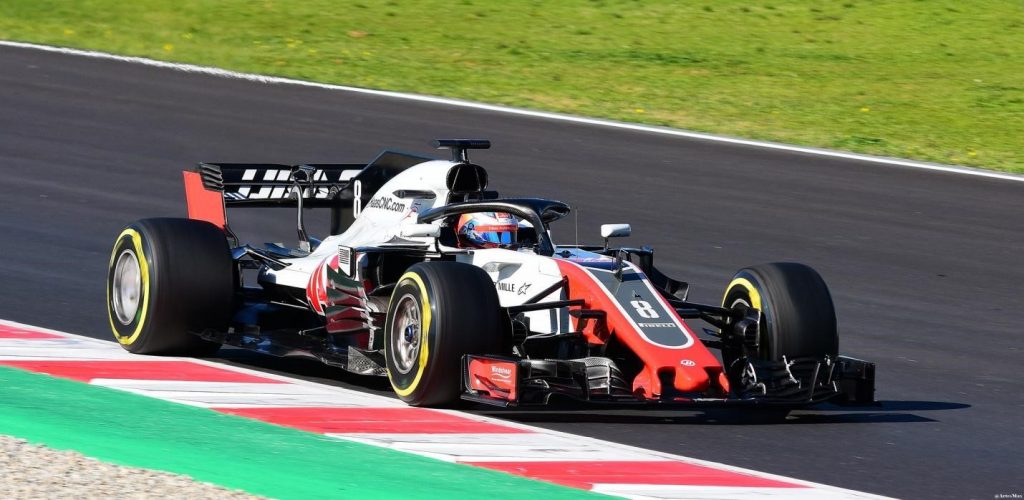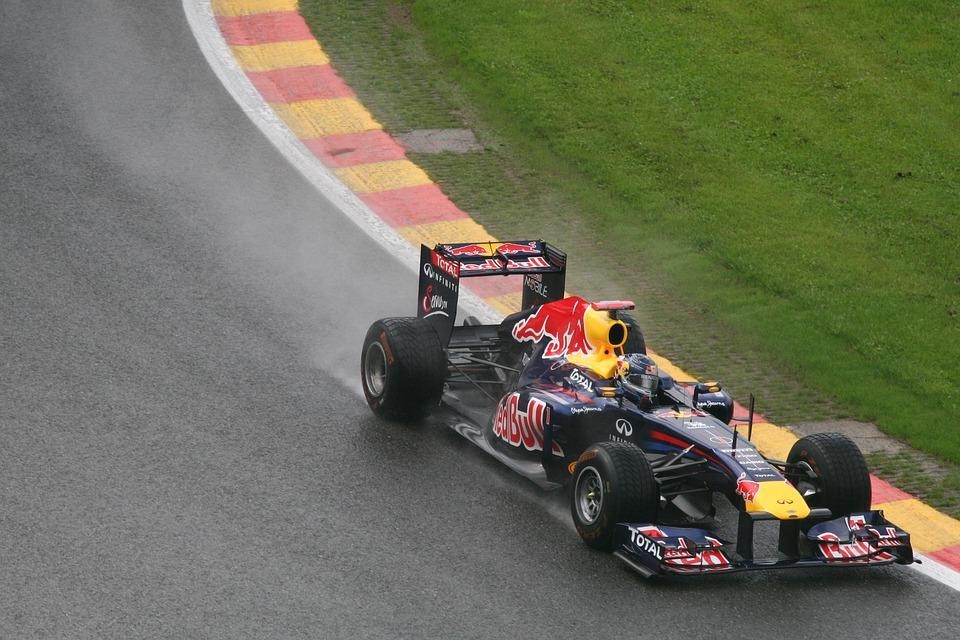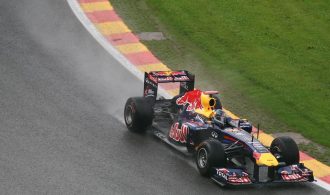Formula One is not just an incredibly exciting motorsport, it’s also a highly technical one and the cars and drivers have to always be at their optimum. Let’s take a look at some more fascinating facts about F1 that highlight just how amazing this high-octane sport is.

Image Credit
Engine Lifespan Limited
While we’d expect our ordinary Sedan or SUV to have an engine that lasts
around 20 years or so, F1 cars have engines that are designed to last for
about 2 hours before they blow up. An F1 engine revs up to around 18,000 rpm,
whereas a normal road car will rev up to 6,000 rpm, so the F1 engines are
severely pushed to perform, and don’t last long.
Record Breaking Drivers
In 1951, 1954, 1955, 1956 and 1957 Fangio won the title, and he held this 5
times record until Michael Schumacher came along. Schumacher took his 6th
title in 2003, smashing the previous record that had been held for 45 years.
Faster Than a Plane
Small aeroplanes take off at a slower speed than an F1 car travels on track.
The noise the cars make is also deafening, and that is why so many people opt
to watch from inside, this provides an excellent view of the cars that can
reach speeds of up to 360 kph.

Image Credit
Extreme Force
F1 drivers need to be incredibly fit as their bodies undergo incredible
pressure when racing. They experience up to 5G when breaking and cornering, a
load that’s 5x their body weight.
Designed to Crash
While crashes are part and parcel of F1, they are not something that any
driver wants. The safety of modern F1 cars has improved greatly, and drivers
can withstand incredible impacts at very high speeds. The luckiest driver to
make it out of a crash was David Purley in 1997. At the British Grand Prix Purley
suffered an impact of 197.8g when his car went from 108 mph to a standstill in
just 2 seconds. He survived and went on to race again. It makes you wonder who
the drivers of F1 learnt to drive with as their skill, precision and timing is
so spot on. Maybe they used a Driving Instructor Market Harborough
company at links similar to https://demarcodriving.uk/ to get
so good. They must of revised their hazard perception in real detail and
studied hard.
Super Fast Acceleration
An F1 car can accelerate from 0 to 100 mph in just under 4 seconds. It can
decelerate back in the same time too.

